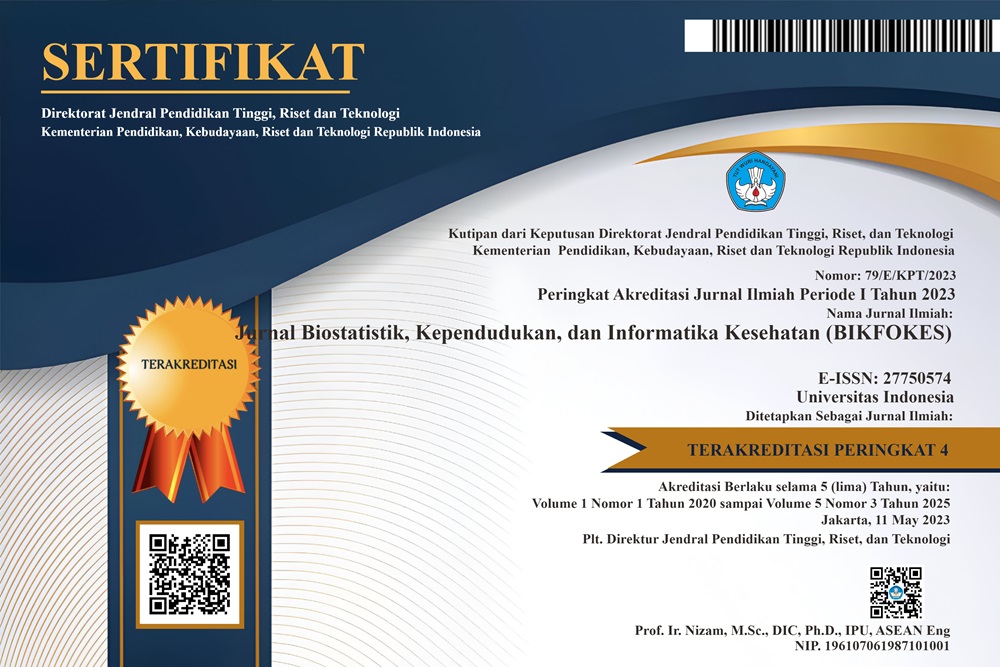Abstract
Telemedicine is providing healthcare services using electronic means at a distance including the diagnosis, treatment, and prevention of diseases as well as the research and evaluation, and education of healthcare providers. Its role in the time of the pandemic is vital, especially to the practice of medicine. This study is a descriptive, cross-sectional, survey research study conducted in four hospital training institutions in Cebu City. A total of 41 respondents gave their consent and were given the online survey questionnaire about the extent of knowledge, preparedness and perceptions of telemedicine. Out of the 41 respondents, 56.10% were young adults (26-30 years old), mostly females (70.73%), single (68.29%), first-year residents (43.90%), employed at a government hospital (70.73%) and are in the traditional residency pathway (82.93%). On relevant experience, 82.93% experienced telemedicine during residency, with 100% on follow-up consultations, and 95% were consulted due to infections. Respondents’ extent of knowledge was average while the extent of preparedness and perception were high. Problems with low connectivity (80.48%) were noted by most of the respondents. Resident physicians moderately understood the information about telemedicine but with a high extent of preparedness and perception. Challenges to low connectivity and handling patients’ data privacy were the major concerns met by the resident physicians in the use of telemedicine.
References
1. WHO. Telemedicine: Opportunities and developments in Member State [Internet]. WHO. 2010. Available from: https://www.afro.who.int/publications/telemedicine-opportunities-and-developments-member-state
2. Serper M, Volk ML. Current and Future Applications of Telemedicine to Optimize the Delivery of Care in Chronic Liver Disease. Clin Gastroenterol Hepatol. 2018;16(2):157–61.
3. Department of Health Republic of the Philippines. DOH Boosts Telemedicine Services for NCR; Service To Expand To Other Regions Soon [Internet]. Department of Health Republic of the Philippines. 2020. Available from: https://doh.gov.ph/doh-press-release/DOH-BOOST-TELEMEDICINE-SERVICES-FOR-NCR-SERVICE-TO-EXPAND-TO-OTHER-REGIONS-SOON
4. Judi HM, Razak AA, Sha’ari N, Mohamed H. Feasibility and critical success factors in implementing telemedicine. Inf Technol J. 2009;8(3):326–32.
5. Eshita IR. Knowledge and Attitude of Physicians Toward Telemedicine. Glob Sci J. 2017;5(12):85–146.
6. David FP. Understanding and doing research : a handbook for beginners. Iloilo City: Panorama Printing Inc;
7. Albarrak AI, Mohammed R, Almarshoud N, Almujalli L, Aljaeed R, Altuwaijiri S, et al. Assessment of physician’s knowledge, perception and willingness of telemedicine in Riyadh region, Saudi Arabia. J Infect Public Health. 2021;14(1):97–102.
8. Wallen NE, Fraenkel JR. Educational Research A Guide To the Process. Routledge; 2013.
9. Elhadi M, Elhadi A, Bouhuwaish A, Alshiteewi F Bin, Elmabrouk A, Alsuyihili A, et al. Telemedicine Awareness, Knowledge, Attitude, and Skills of Health Care Workers in a Low-Resource Country During the COVID-19 Pandemic: Cross-sectional Study. J Med Internet Res. 2021;23(2).
10. Biruk K, Abetu E. Knowledge and Attitude of Health Professionals toward Telemedicine in Resource-Limited Settings: A Cross-Sectional Study in North West Ethiopia. J Healthc Eng. 2018;2018.
11. Ayatollahi H, Sarabi FZP, Langarizadeh M. Clinicians’ Knowledge and Perception of Telemedicine Technology. Perspect Heal Inf Manag. 2015;12(Fall).
12. Almathami HKY, Than Win K, Vlahu-Gjorgievska E. Barriers and Facilitators That Influence Telemedicine-Based, Real-Time, Online Consultation at Patients’ Homes: Systematic Literature Review. J Med Internet Res. 2020;22(2).
Bahasa Abstract
Pengobatan jarak jauh adalah penyediaan layanan kesehatan menggunakan sarana elektronik dari jarak jauh termasuk diagnosis, pengobatan, dan pencegahan penyakit serta penelitian dan evaluasi serta pendidikan penyedia layanan kesehatan. Perannya di masa pandemi sangat vital terutama bagi praktik kedokteran. Penelitian ini merupakan penelitian deskriptif, cross-sectional, penelitian survei yang dilakukan di empat lembaga pelatihan rumah sakit di Kota Cebu. Sebanyak 41 responden memberikan persetujuan dan diberikan kuesioner survei online yang berkaitan dengan tingkat pengetahuan, kesiapan dan persepsi tentang pengobatan jarak jauh. Dari 41 responden, 56,10% adalah dewasa muda (26-30 tahun), sebagian besar perempuan (70,73%), belum menikah (68,29%), residen tahun pertama (43,90%), bekerja di rumah sakit pemerintah (70,73%) dan residensi tradisional (82,93%). Pada pengalaman yang relevan, 82,93% mengalami pengobatan jarak jauh selama residensi, dengan 100% pada konsultasi lanjutan, dan 95% dikonsultasikan karena infeksi. Tingkat pengetahuan responden rata-rata sedangkan tingkat kesiapsiagaan dan persepsi tinggi. Masalah konektivitas rendah (80,48%) dialami oleh sebagian besar responden. Dokter residen cukup memahami informasi tentang pengobatan jarak jauh tetapi dengan tingkat kesiapan dan persepsi yang tinggi. Tantangan pada konektivitas rendah dan penanganan kerahasiaan data pasien adalah perhatian utama yang dihadapi oleh dokter residen dalam penggunaan pengobatan jarak jauh.
Recommended Citation
Sumanga, Kristine Joy Y. and Derecho, Clarissa Mae D.
(2023)
"The Extent of Knowledge, Preparedness and Perception of Telemedicine among Family Medicine Residents in Cebu City during COVID-19,"
Jurnal Biostatistik, Kependudukan, dan Informatika Kesehatan: Vol. 3:
No.
3, Article 1.
DOI: 10.7454/bikfokes.v3i3.1044
Available at:
https://scholarhub.ui.ac.id/bikfokes/vol3/iss3/1


